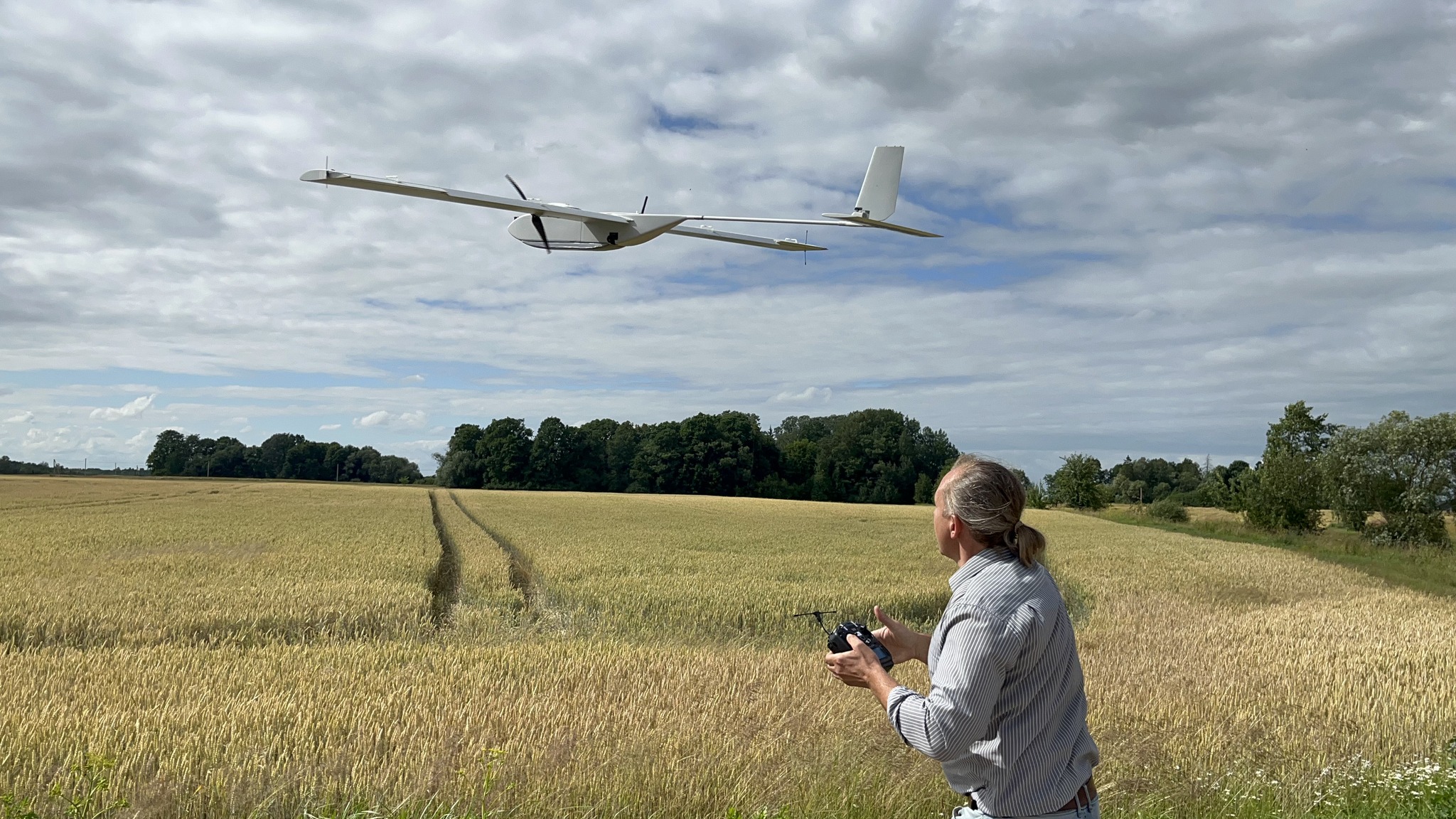What are disrupted currents?
Last week, PAScapes historians Tomas Vaiseta, Marius Ėmužis, Rugilė Rožėnė, and Antanas Terleckas attended the XI ICCEES World Congress. Together with colleagues Anita Zarina from the University of Latvia and Epp Annus from the University of Tallinn and Ohio State University, they organised a panel titled “Disrupted Currents: Authoritarian Shaping of Human–Water Interactions in the Soviet Era”. The panel explored various aspects of the riverscapes in the (post)Soviet Baltic republics. All the presentations were united by the theme of riverscape disruption – whether by Soviet authorities, Russian border guards, or even… beavers!
Marius and Antanas presented a joint paper comparing two hydroelectric power plant projects on the Nemunas River: one envisioned in interwar Lithuania, which remained unrealised, and the other implemented during Soviet times. Tomas and Rugilė examined questions of authenticity from the perspective of post-colonial theories through the experiences of those affected by the construction of the aforementioned hydroelectric station. Tomas focused on the symbol of Birštonas – a concrete whale statue that was submerged when water levels rose following the station’s construction, while Rugilė reflected on the Nemunas landscapes depicted in the paintings of Antanas Žmuidzinavičius. Anita discussed how beavers influenced the riverscape of Soviet Latvia and how a once long-desired species became the subject of all-Union-level conferences and a problem that demanded a solution. Epp concluded the panel by presenting the concept of swimming in the Narva River as a postcolonial methodology.
The panel sparked a lively discussion and an enriching exchange of ideas, which proved only one thing: the exploration of (post)authoritarian landscapes continues.






